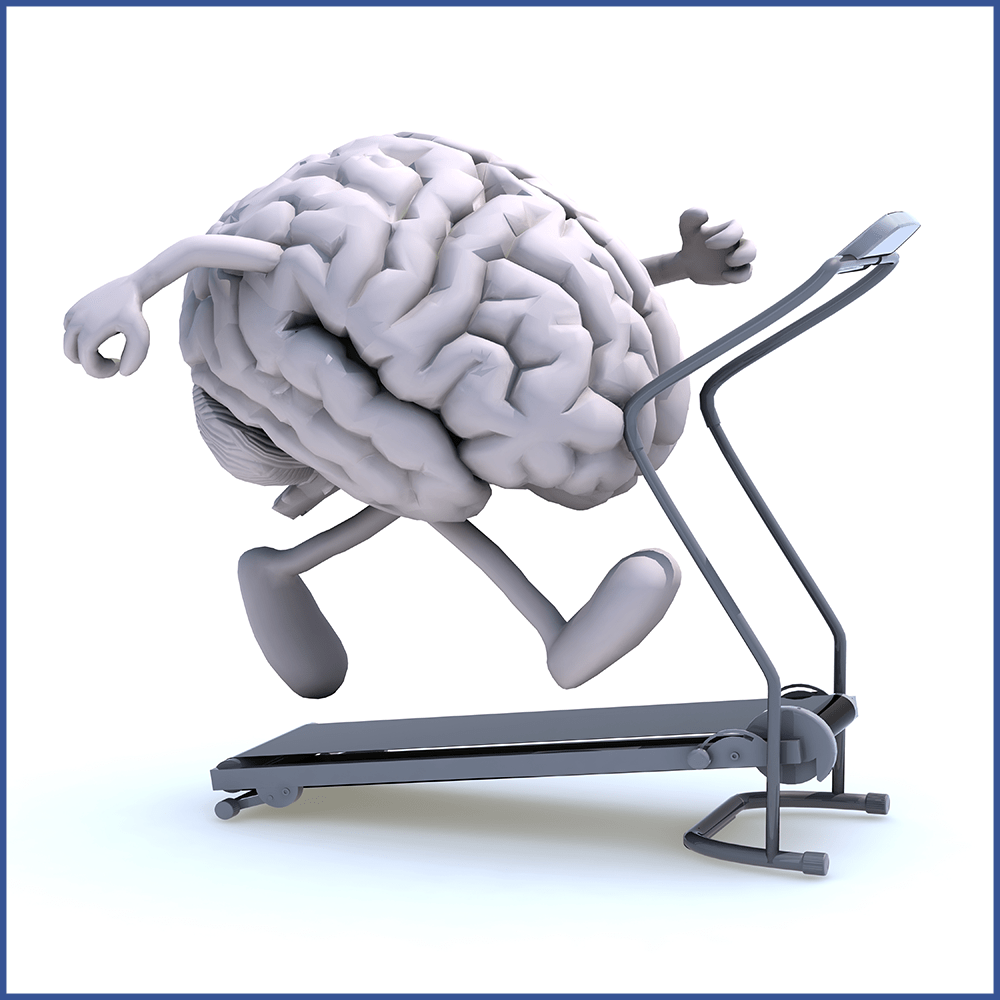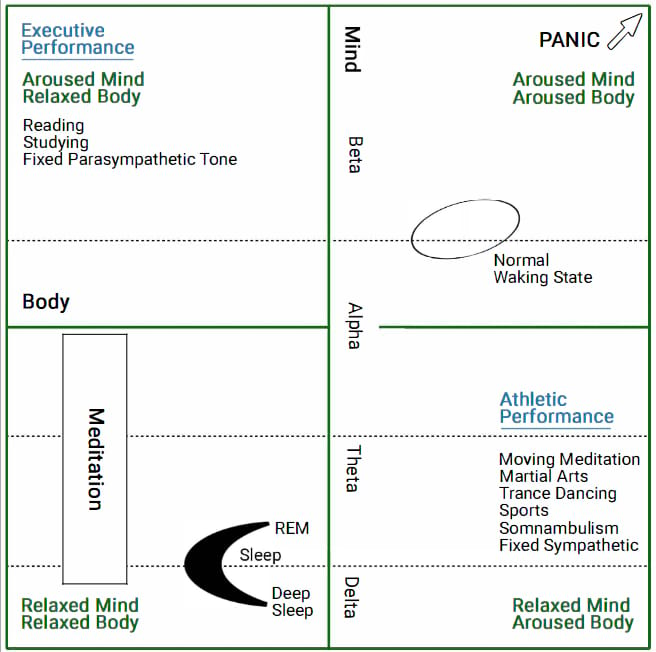Sports Psychology Enhances Athletic Performance
Sports Psychology Helps Athletic Performance With:
- Anticipatory Anxiety
- Attentional Skills
- Concentration
- Focus
- Mental Calm
- Mental Toughness
She has worked extensively with athletes at all levels of ability – from professional, Olympic, Ironman, amateur, and from various sports including football, basketball, golf, gymnastics, running, cycling, swimming and skiing.
From the extensive personal training with Dr. Cheffers, Dr. Diane® incorporates this training and modifies it to assist athletes in sports psychology and sports performance enhancement.
Dr. Diane® Speaks on Coping with Anticipatory Anxiety in Sports
Dr. Diane® joins Kelly Ford and country music star Chuck Wicks on America’s Morning Show to help Chuck cope with the anxiety of an upcoming Ironman Half Triathlon in Hawaii.
Sport Psychology Objectives:
In sports your mind needs to be relaxed, while your body is alert. In dealing with anticipatory anxiety, teaching internal methods to control the autonomic nervous system through such internal methods as hypnosis, HRV breathing, and TFT (Thought Field Therapy) a form of Energy Psychology. In conjunction CBT (Cognitive Behavior Therapy) helps to re-educate how you think about the event.
You’ve heard the expression, don’t take your eye off the ball. This is correct. Whether it is keeping your mind focus on the rhythm of the wheels turning in a cycling event, or keeping your eye on the tennis ball that was just hit to you. One of the major keys to success is learning how to sustain focus. There are various methods that can enhance focus including hypnosis, neurofeedback and visual imagery. A basketball game or as we know in Boston, a world series can be lost, because someone didn’t keep their eye on a ball.
The third key area is behavioral changes. For example, if you are skiing, you need to modify your methods based on the conditions of the slope. If there are icy patches you need to instantaneously be able to adjust. This includes adapting to different equipment, such as tennis rackets or weather conditions.
A perfect example of all three is in the Olympic biathlon event, where the athlete has to cross country ski, and then stop, calm and settle their body in order to shoot a gun. Once this is done, the athlete has to get themselves moving very rapidly to get to the next target.
Sports Psychology Focus Areas:
- Peak performance programs
- Imagery skills training
- Emotional energy management
- Attentional skills and concentration training
- Self-confidence and motivation enhancement
- Improving mental toughness
- Goal-setting skills
- Strategy selection
- Biofeedback training
- Stress management
- Hypnosis for pain control and healing
- Counseling for acute performance anxiety
- Training to overcome performance slumps
- Neurofeedback to help with concentration and being in the ‘Zone’
- QiGong to help with inner balance and mental awareness and protection
- HRV (Heart Rate Variability) helps gain inner control, focus and concentration.
What’s in it for You?
The hurdle stopping you from achieving your success is often your brain. Your brainwave activities reflect the state of arousal of your mind and your body. For an athlete to achieve success, their body must be in a state of arousal while their mind be in a relaxed state, this is often called “In The Zone”. To achieve this, each type of brainwave (beta, alpha, theta, delta) must be at certain levels.





